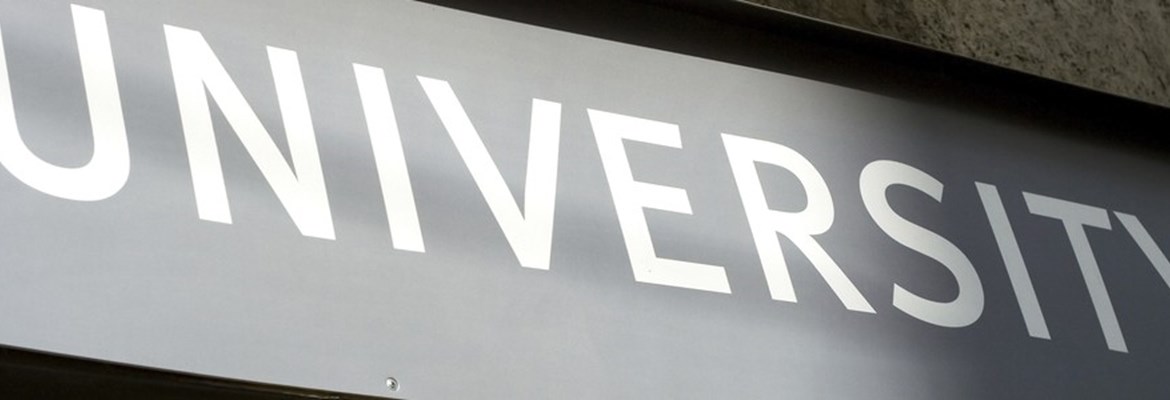In all my discussions and meetings with universities across the UK, it has become apparent that the issue of the ‘student experience’ is gaining a greater level of significance across the higher education sector.
At one end of the spectrum, universities are primarily looking to tackle the problem of low attendance and low levels of engagement and as a result bring down their higher than desirable levels of student attrition. The causes of these retention problems are many and varied, and may form the content of another blog post. Irrespective of the causes, these universities are facing up to these challenges in order to (amongst other things) minimise revenue leakage and protect the institutions reputation in ‘the market’.
In pure financial terms, losing a residential student prematurely within their first year of study, costs a university on average £33,900. (The figures quoted relate to a recent paper sponsored by the Higher Education Funding Council for England (HEFCE) entitled ‘What Works? Student Retention & Success, Professor Liz Thomas, March 2012)
For those institutions at the other end of this spectrum, the primary issue appears to be less about attendance, engagement and retention and more about maximising the levels of achievement and attainment for their students.
Whether the university is tackling the retention and/or attainment issue, one thing is clear, the student has more ‘power’ in the marketplace than he or she has ever had in the past.
In a recent survey across the top 100 universities in the UK, 90% of respondents felt that the HE sector is operating in a more competitive market place. Whether this is a good or bad thing is a moot point, given the reality these universities face.
The full survey results, The Challenge of Student Engagement and Retention 2013′ can be viewed here. One thing is clear, in this market place the individual student now has real buying power and, like it or not, these students have been brought up in a consumer economy and they understand that power. When investing in the 2+ years of their lives alongside what is now a significant financial investment, factors such as course quality, ‘face time’ with lecturers and tutors, learning weeks, retention rates, pass rates, grade levels, and student satisfaction levels are all being considered by the ‘buyer’ as they look to which university is best to spend their time and resources.
The changing buying patterns of the consumer (sorry the student) may well have significant impact on the sector. Opinions on the effect of these market shifts are varied but include: lower academic and non-academic head count, tighter control over operating costs, department mergers/closure and possibly…?
Irrespective of the particular student experience issue universities are tackling, one thing is clear, the market dynamics have shifted, and the true impact on the sector cannot be predicted with any certainty.
One Deputy Vice Chancellor recently commented to me that they felt their university recognised that it needed to change, and that they and their colleagues see this as a real opportunity to develop their market proposition and grow the organisation.
Like everything in life, change is not the issue, it is how one responds to change, which determines the direction the future will take.
What are your thoughts?






